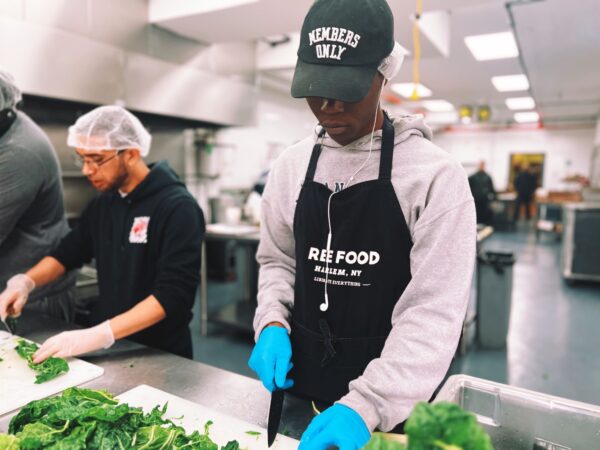by Michael Lesser
Some of the students in the Art of Soulmaking and Art of Addiction classes that we teach at Exodus Transitional Community have been to prison, some are on their way. All of them have a strong sense that if they don’t change their ways, there will be non-negotiable and severe consequences.
When I was younger there was a period where I wanted to change, wanted things to change, wanted to change the way people thought about me, and the way I was treated. Mostly, I just wanted to be trusted.
Parents didn’t trust me to play with their kids, fathers didn’t trust me with their daughters, and due to a few impetuous events like riding my motorcycle through the school and a Bunsen burner incident with minor explosion, the principal didn’t trust me in the school and teachers didn’t trust me in their classrooms.
After borrowing my dad’s car to drive a friend home, without his consent and without a driver’s license, and surviving a head on collision while he was on vacation, my dad didn’t trust me with his car.
Losing my dad’s trust was devastating. I cried and prayed for someone to teach me how to be a good person and stay out of trouble and be the kind of person who was trusted and welcomed wherever he went.
At some point I decided I wanted to be a good person, thinking that, as a good person, my life would be different in some way and I would be trusted—trusted with good jobs doing pleasant and meaningful work, trusted to be invited to parties, to be included like other people seemed to effortlessly be.
I worked hard and learned to do difficult things, things that others couldn’t or wouldn’t do, thinking that it would make a difference, and finally I would be trusted and included.
All the while I felt this wildness in me that would not be broken. I felt a sense of adventure and the allure of trying new things, even if others had failed there.
Despite all my hard work, my genuine displays of goodness, I didn’t feel welcomed or invited to the world I thought I was courting. At some point there was a choice to be made, to give up on my internal compass toward goodness, or give up on relying on being welcomed as a measure of my satisfaction and happiness.
*****
In addition to learning basic kitchen skills while they help prepare the weekly community meal, the Exodus volunteers in the Art of Soulmaking course are learning meditation, yoga, and journaling.
There is a story we read together about capturing and training wild horses. During training, the horse’s inherent nature determines the tasks they will be used for.
Some horses are for plowing fields, some for pulling carriages, and some are the warhorses.
The warhorses seem to be the prize of the herd. They are trained, highly skilled, and obedient, but will not be broken of their wildness. The term for this is meeked.
It’s their wildness that fearlessly propels them into battle. It’s their wildness that the rider also relies on.
In the kitchen with the Exodus crew chopping raw potatoes, I notice an Exodus volunteer who is working too hard, using too much force. I demonstrate an easier way and mention that we have a lot of potatoes to cut and he can conserve his energy this way.
He puts down his knife, rolls up his sleeve, then flexes his muscles showing me the strength of his arms and shoulders. I smile and let him know he can put his muscles to good use and keep chopping.
Each person in the group displays their own wildness both in the classroom and in the kitchen. I remember how it felt when I was younger with people trying to break my wildness instead of directing it where it could be used.
The men and women of Exodus have been meeked by their circumstances, by their crimes, and by the harshness of their reality. They also have been harmed and have caused harm. Underneath the harm and their crimes there was something good they were trying to do, some principle or belief they were standing for.
When I was younger, I didn’t realize what I was asking for was to be meeked, to find a place for the wildness I felt and not be broken of it. The Exodus and Housing Works Transition program participants are also looking for a place to put their wildness that doesn’t cause harm. I can feel it in their morning check-ins; “I’m a 10. I’m having a hard time, but I’m here. I’m alive.”
I am not a trainer of horses, although my great grandfather was one.
I don’t presume to know what kind of horse they are, or what they are meant to do. But I do know that the wildness in me is alive and that finding a purpose for it is what gives my life meaning and a feeling of goodness.

 Get access to the monthly Rehumanization Magazine featuring contributors from the front lines of this effort—those living on Death Row, residents of the largest women’s prison in the world, renowned ecologists, the food insecure, and veteran correctional officers alike.
Get access to the monthly Rehumanization Magazine featuring contributors from the front lines of this effort—those living on Death Row, residents of the largest women’s prison in the world, renowned ecologists, the food insecure, and veteran correctional officers alike.